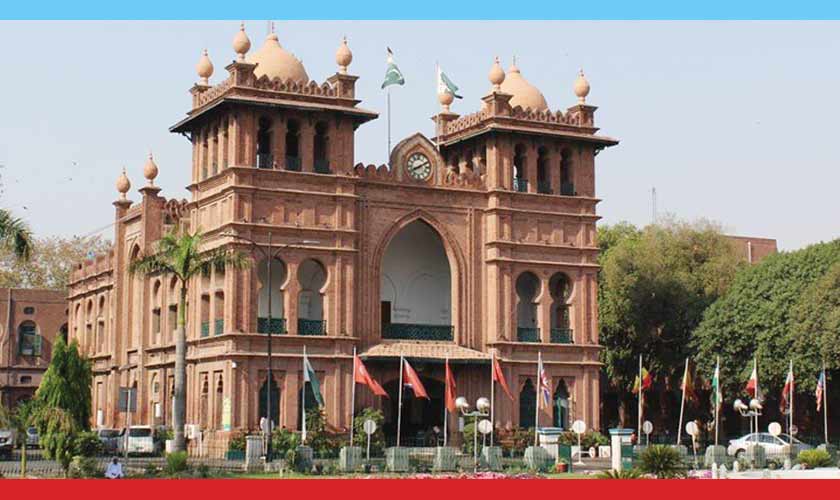Tahir Maqsood Cheena
Punjab’s anticipated local government elections are set to become a defining moment for Pakistan Tehreek-e-Insaf (PTI). These polls will serve not only as a test of its electoral popularity but, more importantly, as a measure of its organizational maturity. The real question before PTI is whether it can contest these elections as a structured, disciplined political party — or whether it will again rely on loosely coordinated independent candidates. The answer will determine the party’s future direction in both governance and grassroots politics.
Follow republicpolicy.com
The challenge facing PTI is enormous. Can it identify and empower around 100,000 active and credible local leaders across Punjab — individuals capable of winning council, union, and district-level seats — and keep them integrated within the party afterward? This is not merely an electoral contest; it is a deep test of PTI’s internal organization, discipline, and grassroots connectivity. A local government system, by its very nature, rewards parties that are institutionally cohesive and socially embedded.
Follow Republic Policy on YouTube
Over the past two years, policy institutions and think tanks have repeatedly argued that Pakistan’s political parties — and PTI in particular — must evolve from electoral platforms into institutionalized organizations. Populism and mass rallies can win temporary attention, but they cannot replace the steady structure of trained local leadership, internal elections, and evidence-based policymaking. Parties that rely solely on waves of public sentiment often collapse once the emotional momentum fades. Sustainable politics demands institutional grounding.
Follow Republic Policy on X
For PTI, the upcoming local polls are both an opportunity and a reckoning. If it uses these elections to strengthen its party machinery — by training local leaders, developing internal accountability, and empowering village, tehsil, and district structures — it could lay the foundation for long-term stability. Local governments offer a unique platform to connect with citizens directly and translate national slogans into visible community work. Success here would show that PTI is capable of moving beyond protest politics toward genuine governance.
Follow Republic Policy on Facebook
However, if PTI opts for short-term electoral gains through loosely affiliated independents or uncoordinated campaigns, the outcome may prove counterproductive. Such an approach may deliver isolated victories but will deepen the perception that the party lacks internal coherence. The lesson from Pakistan’s political history is clear: without institutional continuity, every party — no matter how popular — eventually falters under the weight of its own disorganization.
Follow Republic Policy on TikTok
From a democratic standpoint, this is a critical moment for all parties, not just PTI. Pakistan’s democracy cannot thrive through elections alone. Real democracy depends on continuous institutional learning — through policy debates, grassroots engagement, and leadership training. Local governments are where this learning begins. Strengthening them requires political parties that are internally democratic, policy-oriented, and inclusive.
Follow Republic Policy on Instagram
Therefore, PTI’s success or failure in Punjab’s local elections will not only define its own future but also shape Pakistan’s democratic trajectory. The party must decide whether it will remain a populist movement centered on personalities — or transform into an enduring political institution built on participation, discipline, and ideas. Only the latter path can secure its place in Pakistan’s evolving democratic history.
Follow Republic Policy on WhatsApp Channel
















